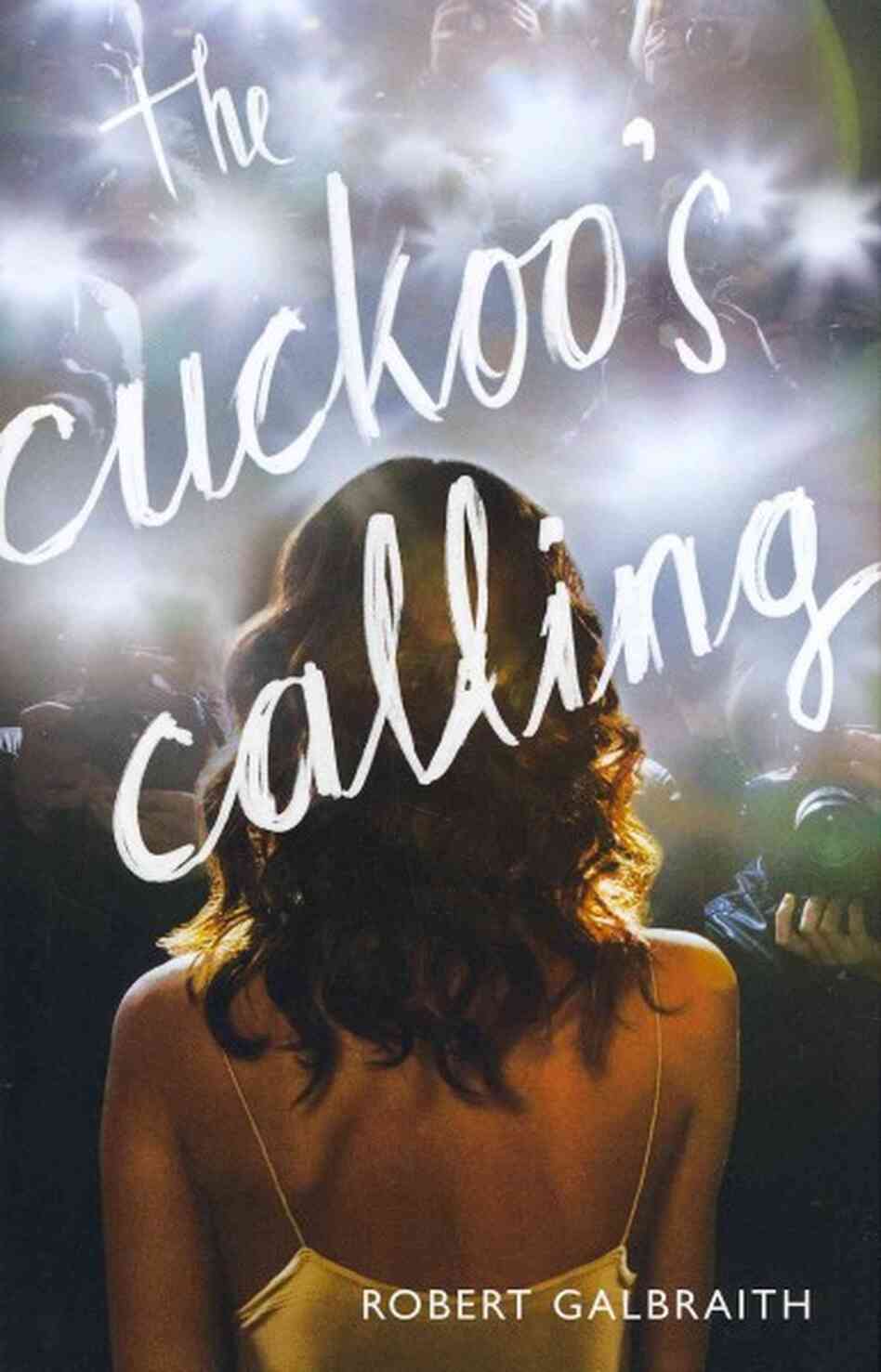(So,
just making sure that everyone knows that Robert Galbraith is
actually J. K. Rowling. Ok, that's done, moving on.)
I'm
admitting here and now that I've only read the first Harry
Potter book (many many years
ago), but I remember admiring Rowling's clear, descriptive writing.
Therefore, I was pretty excited about diving in to The
Cuckoo's Calling, especially
since Rowling has written a second crime novel featuring Detective
Cormoran Strike (out this June).
And
yet (sigh). I wasn't too impressed with this book, the last of my
"Month of Crime Fiction" novels. I mean, the story was
mildly interesting, and the twist at the end was pretty good (though not
outrageously awesome), but it just left me feeling...meh.
It was like a beautiful, tasty-looking layered cake that was actually
just a cardboard shell.
Throughout,
Strike is hampered by his painful prosthesis (he lost part of his leg
in an attack in Afghanistan). The prosthesis looms so large in the
story that it begs us to read it as a tangible symbol of the novel's
strained familial relations. Strike and Lula both come from
splintered families: Strike is the illegitimate (and ignored) son of
a rock star (who had many children with many different women); while
Lula, the daughter of a black man and white woman, was adopted into a
white family that has its own internal squabbles over money and past
grievances. Lula's own search for her birth-parents leads her down
the road that culminates in her death.
There's
definitely a lot of potential in the Strike character, but we might
have cared about him more if the novel had been written in the
first-person (?). Who knows. I will
be reading The Silkworm,
though, and hopefully that will be more of a page-turner.

No comments:
Post a Comment